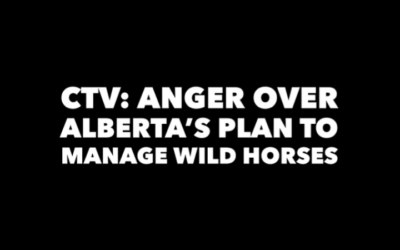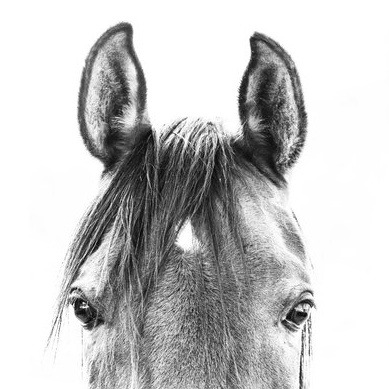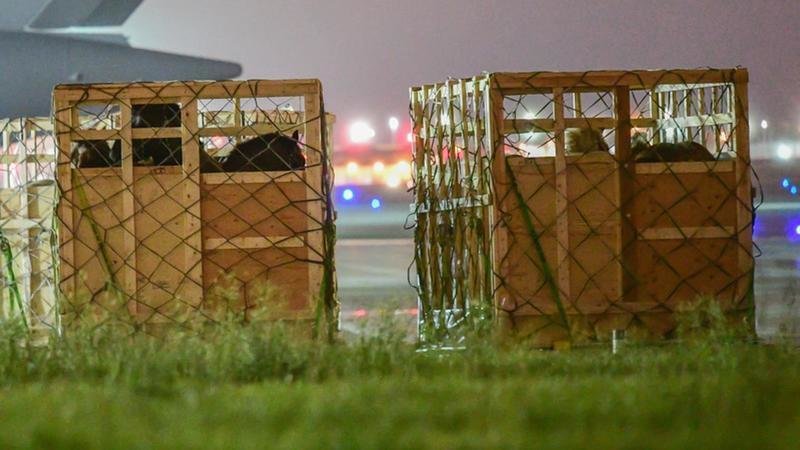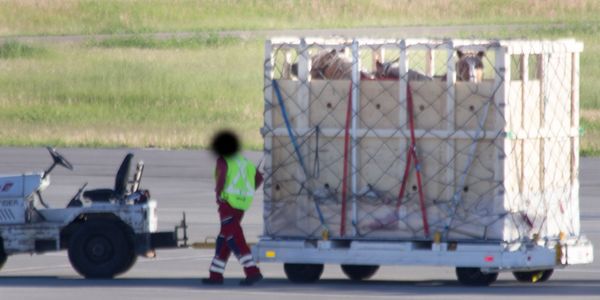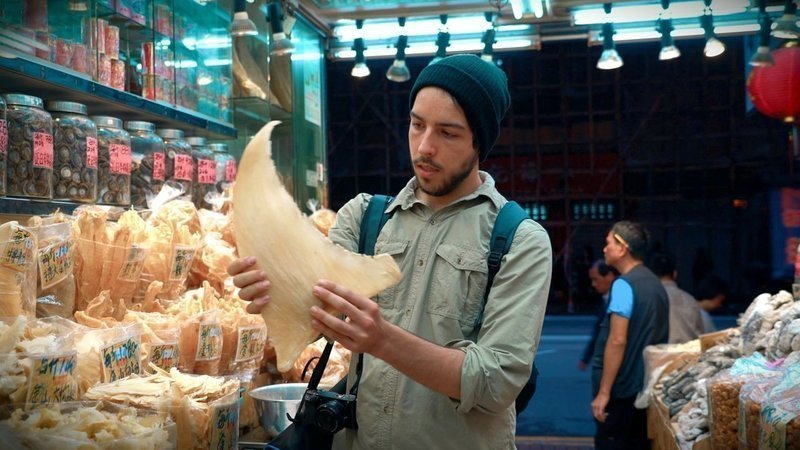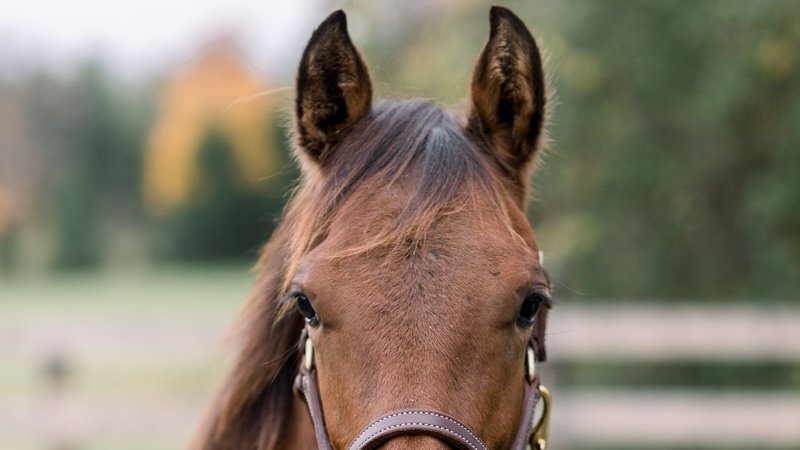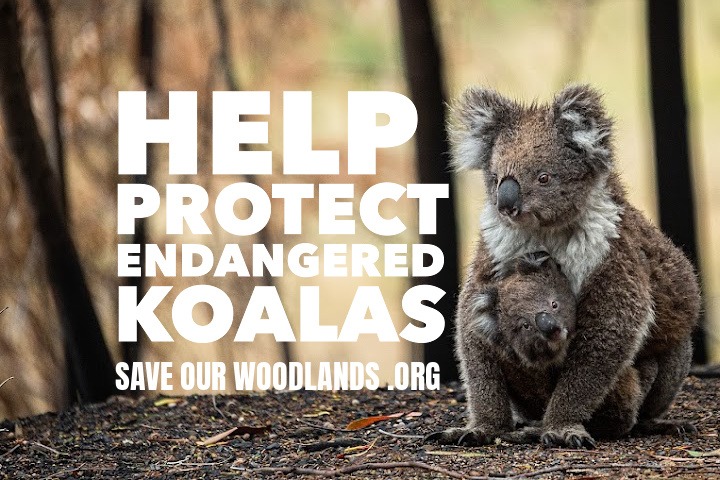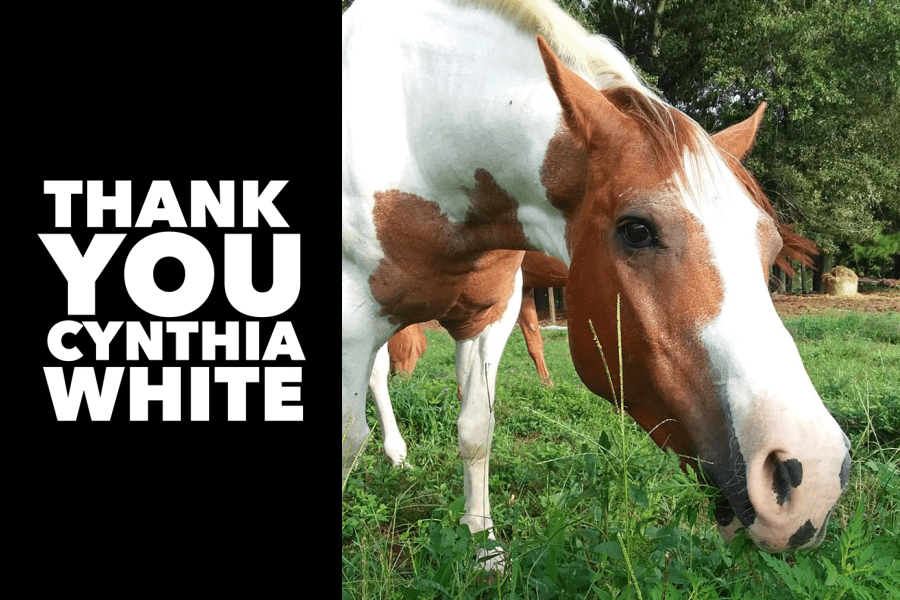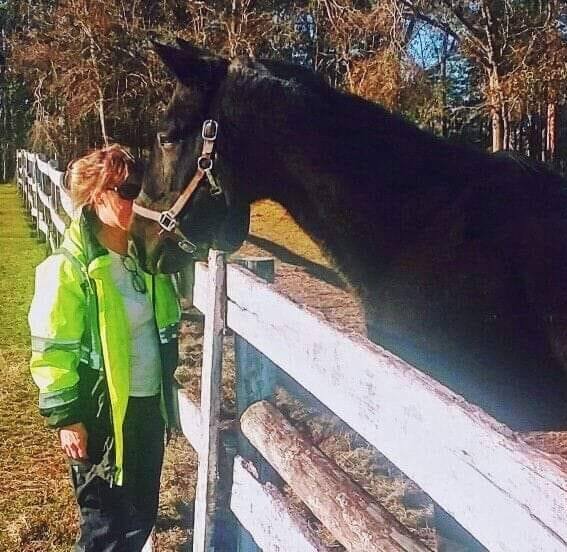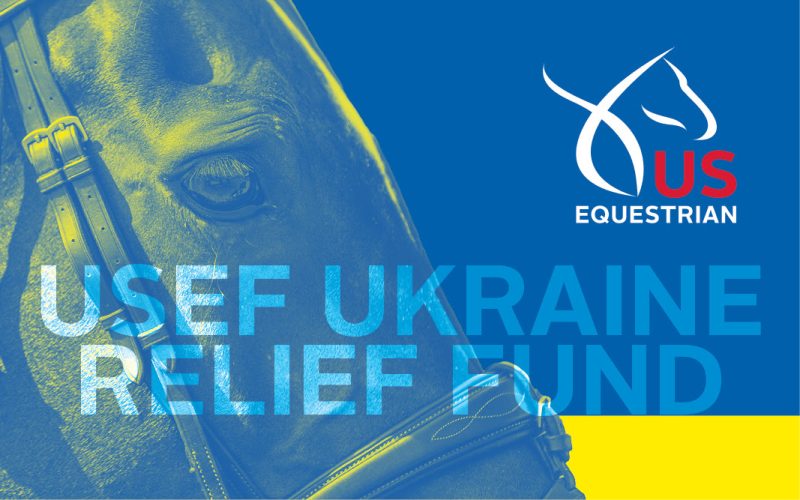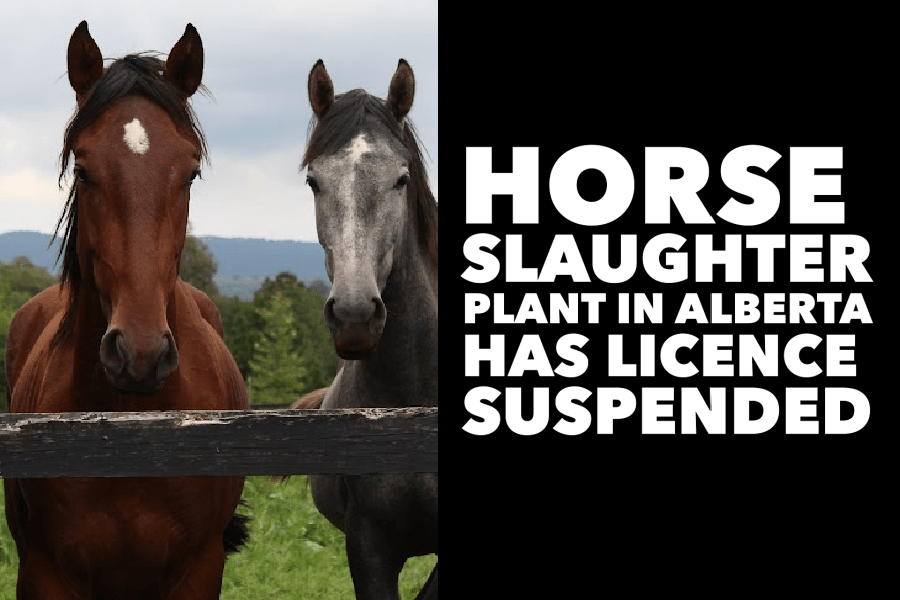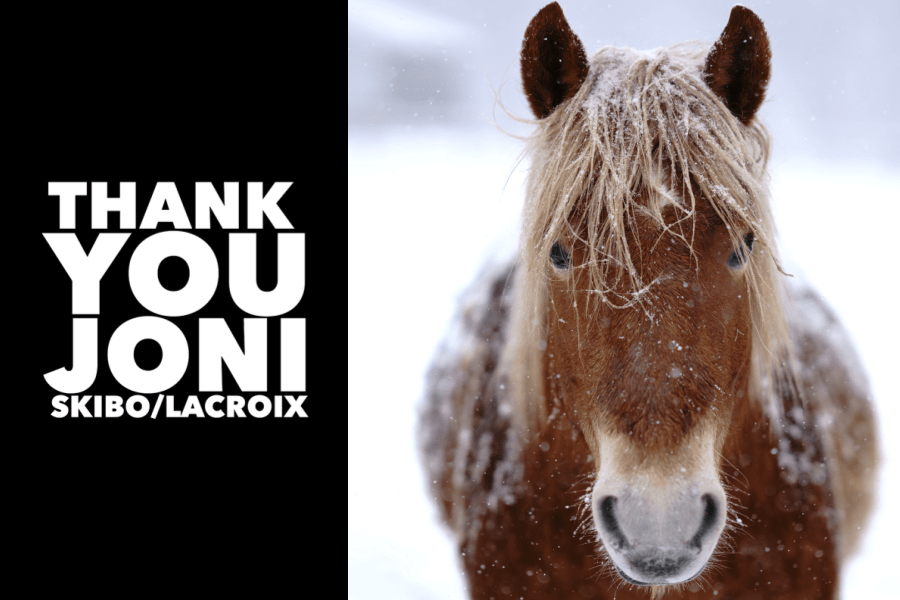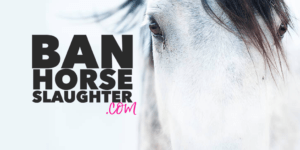WE ARE CURRENTLY RAISING FUNDS IN SUPPORT OF...T-SHIRTS IN SUPPORT OF HORSE RESCUE FUND LIMITED TIME OFFER FREE SHIPPING CANADA & USA CANADA SLAUGHTERS HORSES FOR HUMAN CONSUMPTIONIt may be hard for some to believe that tens of thousands of horses, including pets,...
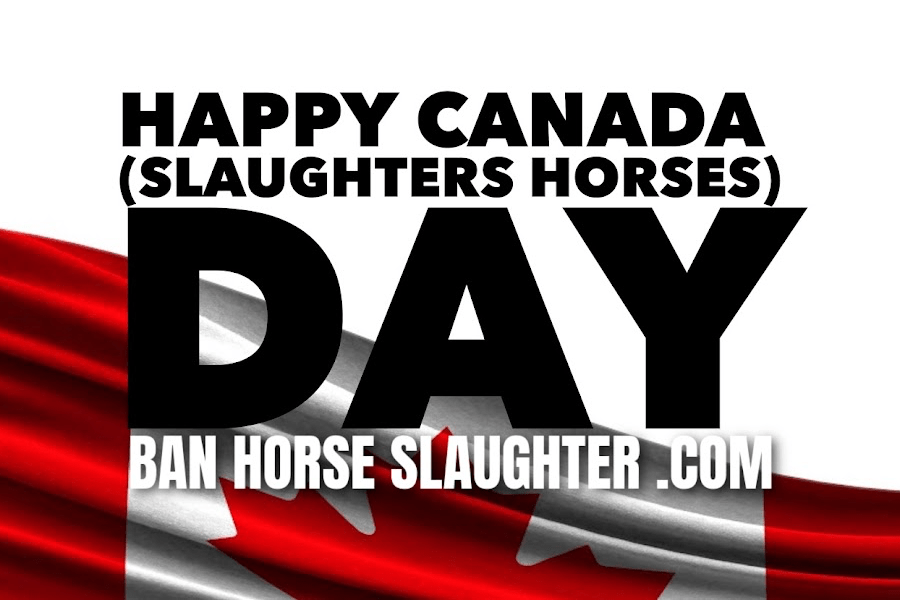
HAPPY CANADA SLAUGHTERS HORSES DAY
First published July 1st, 2020.
Yes, even though for now the United States does not allow for the slaughter of horses in the United States, Canada does allow horses to be slaughtered for human consumption.
Horses raised in Canada as pets, and “working” horses like racehorses are not the only horses slaughtered in Canada, additionally, horses from the United States are shipped to both Canada and Mexico to be slaughtered.
You may be like many Canadians who had no idea.
Or you may be among the growing number who do know, and who are attempting to have the laws within Canada changed so that this barbaric practice is put to an end.
You may be thinking that the horses slaughtered are old and sick and decrepit and in some instances that is the case…
BUT even if some of the horses that are being slaughtered are no longer able to perform their “jobs”, is the torturous journey and horrible fate of being slaughtered at a “plant” a humane form of euthanasia?
Keep in mind that horses are being slaughtered that are not necessarily specifically raised for slaughter and that horse meat can easily be tainted with drugs, including wormers and pain killers that are commonly used on horses. Drugs that are clearly marked as not for use on animals entering the human food chain.
Early this year there were TWO recalls of horse meat in Canada, horse meat that was unfit for human consumption because of a drug often administered to horses.
YOU MAY BE EATING HORSE MEAT AND NOT KNOW IT
Also keep in mind that according to a recent study by the University of Guelph, in Ontario, Canada, horse meat is ending up on the shelves of grocery stores, but not marked as such. Learn more here…
SO WHAT CAN YOU DO TO MAKE A DIFFERENCE?
If you, like a growing number of Canadians and American’s know that horse slaughter is barbaric and want to put an end to it, here are a couple quick steps you can take…
Speak out by contacting your elected officials: https://banhorseslaughter.com/contact-your-mp-2/
Sign a petition or two: https://banhorseslaughter.com/current-e-petitions/
Follow, like, comment and share social media posts: Twitter, Instagram & Facebook.
There is a desperate need to make Canadians and Americans aware!
Contribute financially via organizations like HORSE RESCUE FUND .ORG.
THANK YOU for caring! Together we can make a difference.

T-SHIRTS IN SUPPORT OF HORSE RESCUE FUND
LIMITED TIME OFFER FREE SHIPPING CANADA & USA
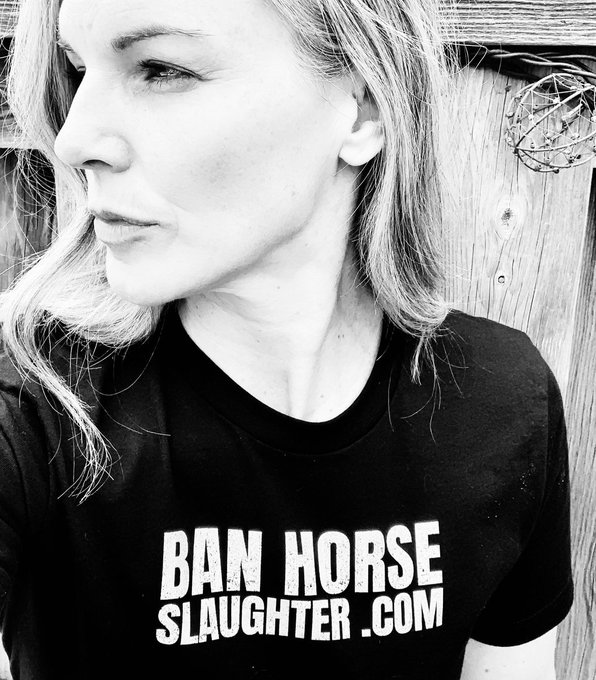
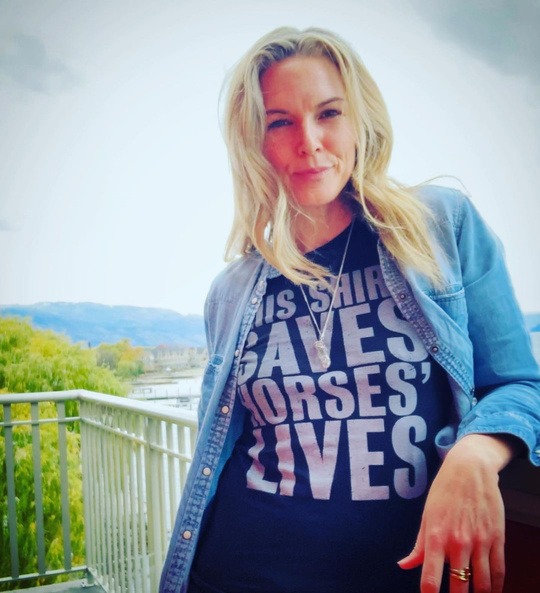
CANADA SLAUGHTERS HORSES FOR HUMAN CONSUMPTION
It may be hard for some to believe that thousands of horses, including pets, are routinely slaughtered in Canada, for human consumption.
Some of the meat is consumed in Canada and much of it is shipped to the European Union and other markets, including Japan.
The barbaric slaughter of horses is currently not legal in the United States, BUT horses, including pets and ex-racehorses, from the United States are shipped to Canada and to Mexico to be slaughtered.
In addition Canada allows for the transportation of live horses to Japan, to be slaughtered for human consumption, and unfortunately the transportation of horses destined for slaughter within Canada, and by air, is far from humane.
CTV (VIDEO) FATE OF WILD HORSES
SENATOR ROBERT BLACK (VIDEO)
SENATOR BLACK APPROVES HORSES BEING SHIPPED TO SLAUGHTER? Updated November 22, 2024: Watching and reading the continued Second Reading of Bill C-355 in the Senate it certainly appears that the Bill will go to Committee. Sadly, it also appears the Chair of that...

